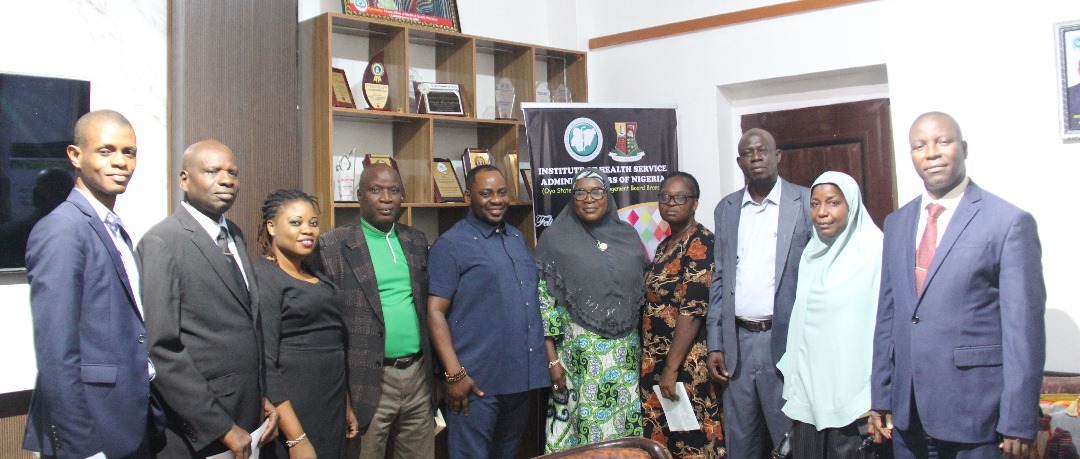In a significant move to enhance its nursing education program, Fountain University, Osogbo, initiated a collaborative relationship with the Oyo State Hospitals’ Management Board (OYSHMB). This development came to light during a recent courtesy visit by the university’s delegation, headed by Vice-Chancellor Professor Olayinka Ramota Karim, to the OYSHMB Chairman, Dr. Akin Fagbemi.
The visit marks another crucial leap forward in Fountain University’s commitment to delivering high-quality healthcare education. The university, which received accreditation for the program from the Nursing and Midwifery Council of Nigeria five years ago, has been actively seeking partnerships to strengthen its practical training capabilities.
During the meeting, Professor Karim expressed enthusiasm about the board’s approval to utilize one of their healthcare facilities for nursing and midwifery training. “This partnership represents a significant milestone in our journey to produce highly skilled healthcare professionals,” she noted. The collaboration is expected to provide students with hands-on experience in a real healthcare setting.
In his comments, Dr. Akin Fagbemi emphasized the board’s dedication to supporting healthcare education. He assured the delegation that the board would provide all necessary assistance to ensure quality training and optimal learning conditions for the students.
The collaboration is anticipated to benefit both institutions, with Fountain University students gaining access to state-of-the-art medical facilities and practical training opportunities, while the Oyo State healthcare system stands to gain from a pipeline of well-trained nursing professionals.
This partnership aligns with Fountain University’s broader strategy to enhance its academic programs through strategic collaborations with established healthcare institutions. The agreement is expected to significantly improve the practical training component of the university’s nursing program, ultimately contributing to the development of more competent healthcare professionals in Nigeria.
By – AbdulBasit Ajibade

